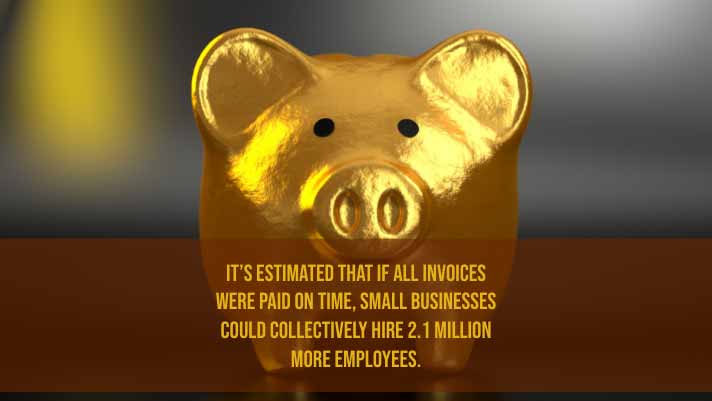Running and managing a small business is not an easy job. You have a lot of things to factor in before you can cash in on the dollar, and in some cases, you may need extra capital to run things smoothly. If your business is serving other business, you know that it’s a standard expectation to have an invoice processed and paid in at least ninety days. So, what do you do then?
The answer is simple. You need to use invoice factoring services, which usually come in handy to give you the capital you need even before your invoice is paid. If you are not sure how to factor invoices, you came to the right place. Let’s get to it.
What Is Invoice Factoring?
Invoice factoring is the process of selling and assigning invoices to a factoring company or factor in exchange for the much-needed short-term capital. What happens is, the factor gives you a kind of cash advance of your invoice up to the tunes of 80% the value of the invoice. Invoice factoring gives you the capital you need to handle everyday business responsibilities without worrying where you will get the cash to function effectively. Once the invoice is cleared, the factor will pay you the remaining 20% after they deduct their fee.
In a sense, this is a win-win situation for both the factor and you and is considered one of the best working business funding strategies. Your operations don’t stop, and the factor makes a little profit for paying you in as little as 24 hours. Business invoice factoring is common today with a lot of small business relying on it to cash in their payments quicker. Small business factoring companies enable business growth.
How Does Invoice Factoring Work?
Understandably, a lot of business owners do not know how to factor invoices. The process itself is not complicated and can be completed in five easy steps. First, you need to invoice your client to receive your account receivable or invoices which your B2B client promises to honor within 90 days. Once you have your account receivable, you look at invoice factoring companies to choose one whose terms and conditions fit your needs.
Once the factor approves your business, both of you will be able to sign an agreement outlining the terms of engagement. The factor then issues an advance on the invoice, and you get the cash you need to keep your business operational. When it’s time for the client to pay the invoice, they will not pay it to your account but the account of the factor. Once the invoice is cleared, the factor will forward you the remaining amount, less their fee, and both of you will mark the transaction successful.

Why Get Business Factoring?
Business factoring is viable for your B2B business for several reasons. If you need to supply goods and services to your B2B customers constantly, you will need a consistent amount of cash flow. This may be difficult to sustain, especially if your clients pay within 90 days of delivery.
You might also need to expand your business, but capital is limiting you. If this is the case, business factoring will give you the capital you need for expansion and growth. Whether you need to hire more employees, buy more machines, or expand your market reach, factoring will give you the capital necessary to make it happen.
Sometimes, businesses find themselves with max out credits which could cripple operations. Even with good credit, banks can put a limit on your credit score, which can cap your business. Factoring only considers your accounts receivables. As you grow, your working capital grows with you.
If your business deals with several slow-paying clients, it is time you learned how to factor invoices. Cash flow and working capital management when your clients are paying 30, 60, and 90 days later, after the goods or services have been delivered are not easy.
In the U.S., small businesses have the capability of hiring 2.1 million more employees if they received payment for their invoices on time. This would reduce unemployment by 27%. The above are some of the reasons why you should learn how to factor invoices.
